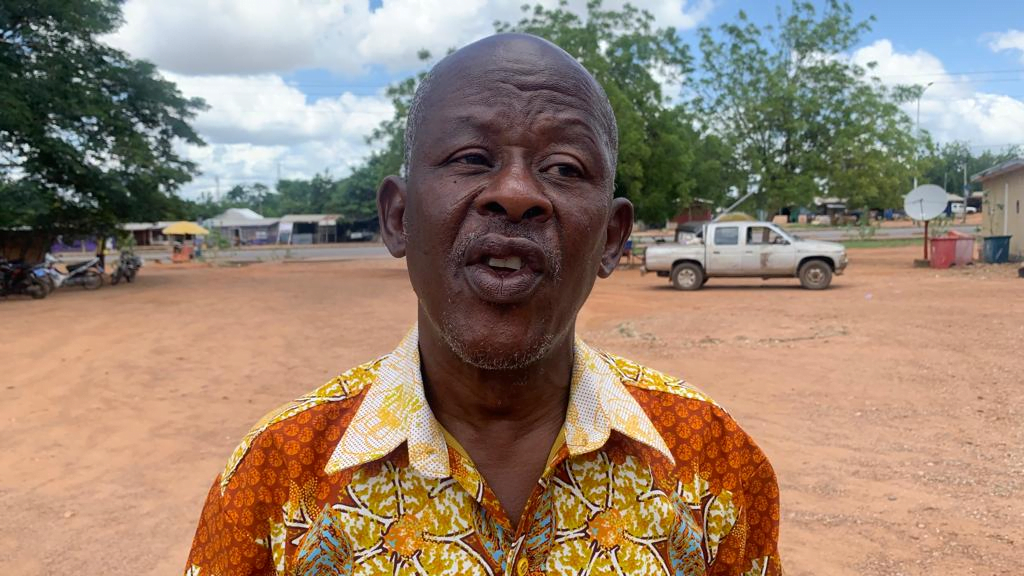Because of the low fertility rates in donkeys, it is extremely difficult to commercialise the production of the same. It is for this reason, Professor Roger Kanton, Former Research Scientist with the Savannah Agricultural Research Institute (SARI) of the Council for Scientific and Industrial Research (CSIR) and advocate against the mass slaughtering of donkeys in Ghana is insisting that Parliament enact a legislation that outlawed the commercial slaughtering on the hoofed mammal.
Speaking to Mark Smith on the Day Break Upper East Show today, Professor Roger Kanton expressed worry about the steep decline in donkey numbers.
“There is a huge challenge against the existence of donkeys in the whole of Africa. The Chinese are doing whatever it takes to get the hides of the donkeys to produce ejiao which is an anti-aging product and also used for pharmaceutical products. It is a real problem. In fact, all the Chief Veterinary Officers of the ECOWAS countries met in Abuja and came up with a declaration urging their countries to legislate and to ensure they ban the mass slaughtering of donkeys for the hides. All these countries have done that. That is a fact. Only Ghana hasn’t.”
“Ideally, yes, if we had could, we would [do a mass production of donkeys] but that is not the case for two reasons; first, the donkey has the lowest fertility rate you can think about in the larger ruminants. When a hundred donkeys are crossed, you would be lucky to get 30 to deliver. The second thing is that the gestation period of donkeys is about 360 plus days. These two factors put together make it difficult,” he explained.
Professor Kanton explained that donkeys play a crucial role in rural communities, providing transportation and livelihoods for many farmers. He added the growing demand for donkey skins has led to a rapid decline in donkey numbers worldwide, and Ghana is no exception. He stated that the lack of legislation and regulation allows for the illegal trafficking of donkeys, exacerbating the issue further.
To counter this problem, GAPNET is urging Ghana’s parliament to pass legislation that prohibits the mass slaughter of donkeys and regulates the trade to ensure sustainability.
“We are not against killing donkeys for the meat as a delicacy as it used to be but to slaughter donkeys for their hide is what we are against. And we are fighting to make sure that that stops. We are going to ensure that parliament passes a legislation to ban its mass slaughtering officially in the country.”
Source: A1radioonline.com|101.1MHz|Mark Kwasi Ahumah Smith|Ghana


